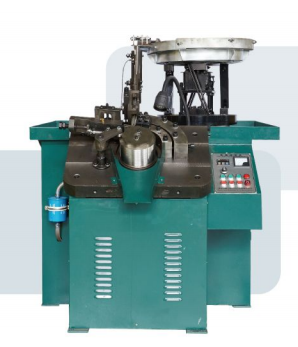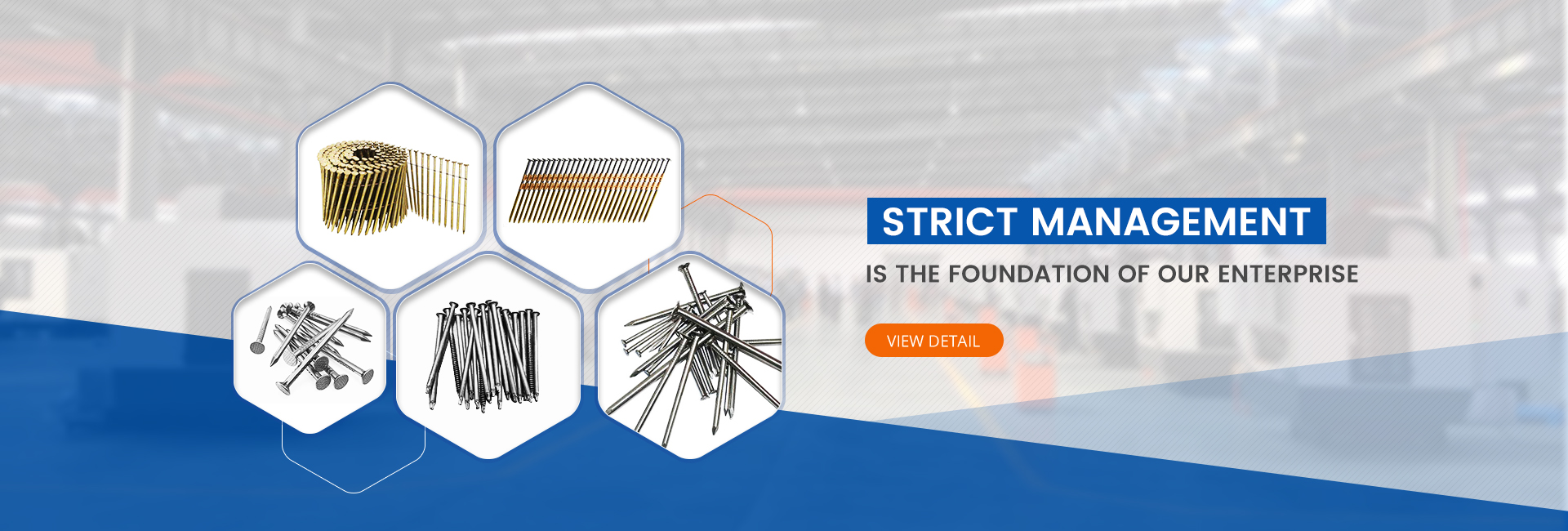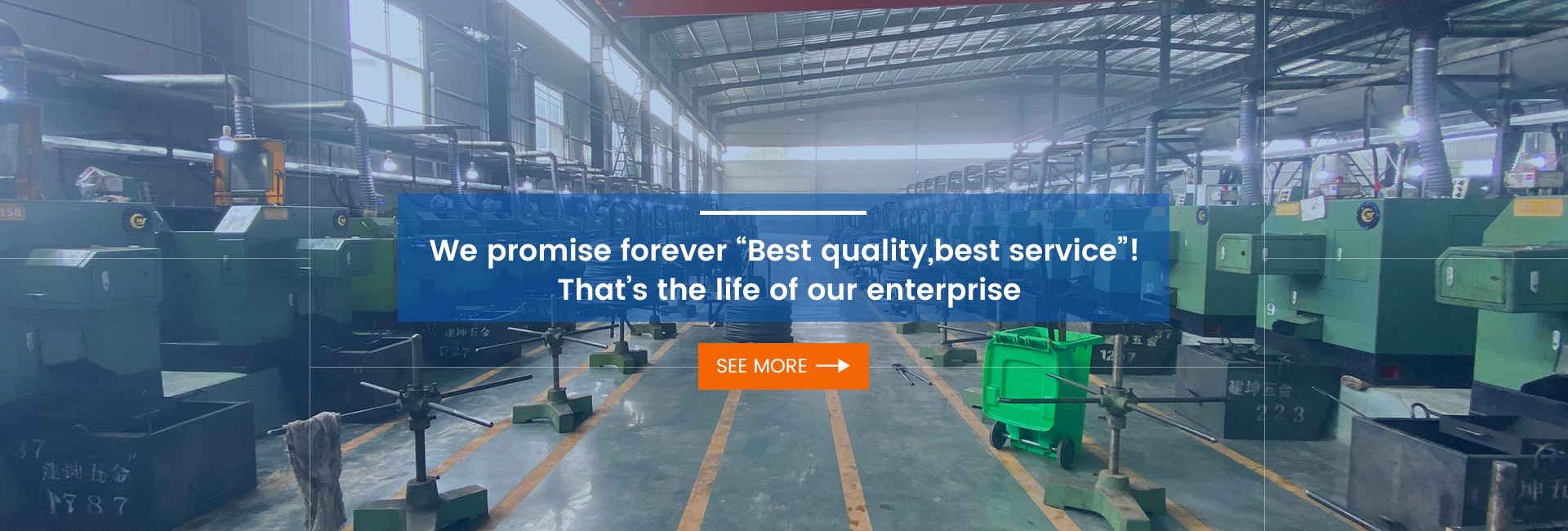In today’s fast-growing fastener and metalworking industry, the Thread Rolling Machine has become an essential piece of equipment. Unlike traditional cutting methods, thread rolling adopts the principle of cold forming. By applying pressure through hardened dies or rollers, threads or grooves are precisely formed on the metal surface. This method not only ensures efficiency but also significantly enhances the strength and durability of the workpiece.
1. Working Principle
The essence of thread rolling lies in displacement forming. During the process, the workpiece is placed between two parallel or cylindrical dies. As the dies rotate and apply pressure, the metal fibers are plastically deformed, creating accurate and continuous threads. Unlike cutting, which removes material, thread rolling reshapes it, resulting in almost zero material waste.
2. Applications
Thread rolling machines are widely used across industries that require thread forming:
Fastener Industry: Mass production of screws, bolts, nails, and nuts.
Construction: Ring shank and screw nails for pallets, furniture, and woodworking.
Automotive & Machinery: High-strength bolts, shafts, and mechanical components.
Electronics: Small precision screws used in smartphones, computers, and appliances.
3. Key Advantages
1. High Efficiency: One-pass forming, ideal for large-scale production.
2. Improved Strength: Rolled threads retain metal fiber continuity, about 30% stronger than cut threads.
3. Superior Finish: Smooth, dense surface reduces friction and wear.
4. Material Saving: Nearly zero waste, cost-effective and eco-friendly.
5. Versatility: Suitable for carbon steel, stainless steel, aluminum, and more.
4. Industry Value
As global manufacturing upgrades, thread rolling machines demonstrate increasing value. For fastener producers, they enhance productivity, improve product quality, and reduce costs and energy consumption. Under the trend of green manufacturing and advanced equipment, thread rolling machines are becoming a driving force in industrial progress.
5. Future Trends
Modern thread rolling machines are evolving toward automation and digitalization. Equipped with CNC systems and auto-feeding devices, they achieve higher precision and stable output. With the rising demand for stainless steel, titanium alloys, and other tough materials, the machines are also being upgraded with stronger structures and advanced die technology.
Conclusion
From construction nails to high-precision industrial components, thread rolling machines play a vital role in manufacturing. They are not just machines, but the “hidden force” behind the reliability and strength of fasteners used worldwide.

Post time: Sep-26-2025



